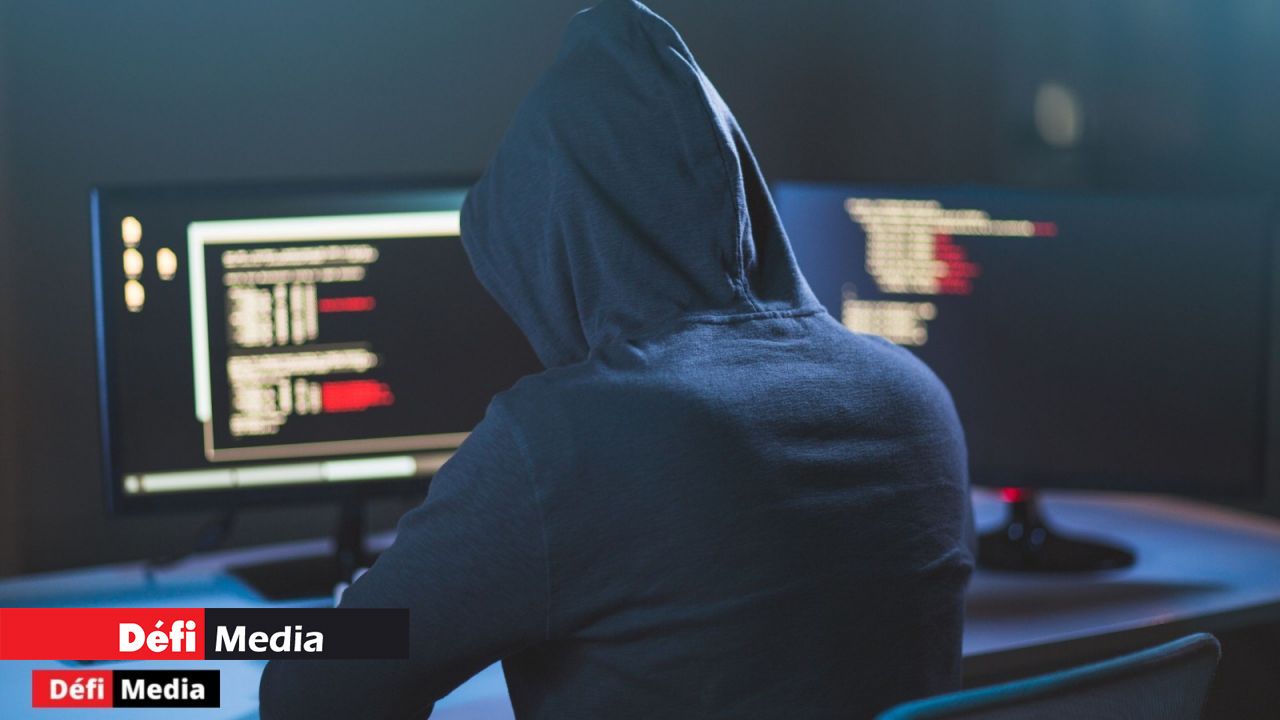The Fight Against Cyberbullying: How to Protect Your Online Life

Cyberbullying is on the rise, often leaving victims feeling lost and unaware of the resources available to report their harassers or how to protect themselves. In this article, attorney Neelam Ramsaran-Jogeea provides insights into the issue.
What does cyberbullying mean?
Cyberbullying, explains attorney Neelam Ramsaran-Jogeea, is an aggressive, intentional act carried out by an individual or group using electronic communication forms, repeatedly targeting a victim. "It is inflicted through various technologies such as mobile phones, email, messaging, chat, online games, or social media by individuals or groups to harm others," she specifies.
It can take various forms, including insults, mockery, online intimidation or threats, account hacking, digital identity theft, and sharing photos or videos of the victim in compromising situations.
What does our legislation say about cyberbullying?
Cyberbullying is defined in the Cybersecurity and Cybercrime Act 2021 as any behavior using electronic communication forms that is repetitive, persistent, and intentionally harmful to a victim. It involves a power imbalance between the perpetrator and the victim and causes feelings of distress, fear, loneliness, or lack of self-confidence in the victim. It can also lead to physical or psychological harm to the victim.
The consequences of cyberbullying
According to the attorney, the massive and instantaneous online dissemination can reach a wide audience, making it very difficult to regain control. "The content shared can remain online, even if the harassment stops," she notes.
Cyberbullying has severe consequences on the well-being and mental health of victims. It also severely affects the harasser and witnesses. She adds that everything a person does online is traceable through a digital footprint. "An aggressor can be prosecuted criminally with the consent of the Director of Public Prosecutions (DPP). The victim can also file a civil suit for damages against the harasser for the harm suffered," she states.
How to protect oneself?
"Unfortunately, it is impossible to be 100% safe from cyberbullying," the attorney points out. However, she suggests that individuals strengthen their online security. For example, she advises against sharing personal information online and not posting compromising photos or videos on social media to avoid any slip-ups. Our interlocutor also recommends enhancing online security by downloading antivirus software on their phone or computer to block malware. Additionally, one should create strong passwords and never share them with anyone.
Do we have tools to combat this type of crime?
This is the case in Mauritius, particularly with the National Computer Board. The Computer Emergency Response Team manages cybercrime incidents through a system called the "Mauritian Cybercrime Online Incident Reporting System." Internet users facing online issues, whether on social media or other platforms, can report their cases through this system. They simply need to fill out a form with details and a description of their complaint. The user can do this online and does not need to travel.
Once the complaint is received, the Computer Emergency Response Team will decide whether it can resolve the issue or if it needs to refer the case to the police's Cybercrime Unit. It is important to note that the Computer Emergency Response Team can resolve technical issues, such as disabling fake profiles on social media. However, the attorney indicates that issues with legal aspects are referred to the Cybercrime Unit of the police for investigation.
Where are our gaps?
In fact, explains Me Neelam Ramsaran-Jogeea, the Cybersecurity and Cybercrime Act 2021 replaced the Computer Misuse and Cybercrime Act 2003. She believes this new law is stricter and more detailed. New offenses have been included, and penalties are harsher.
This new law also stipulates that the National Cybersecurity Committee meets at least once every two months to address difficulties and find solutions. The attorney believes this committee should meet more frequently due to the rising issues concerning cybercrime.
What do you propose to improve our system to combat cyberbullying?
"In my opinion, computer systems are like sieves for cyberattacks. New offenses will not be very useful if the officers of the Computer Emergency Response Team and the Cybercrime Unit of the police do not continuously work on improving their investigative techniques," she says.
The penalties
Under Section 17 of the "Cybersecurity And Cybercrime Act 2021," any person who individually or with others commits cyberbullying will be liable to a fine not exceeding one million rupees and a prison sentence not exceeding 20 years upon a guilty verdict.
The remedies available to a victim
First and foremost, a victim of cyberbullying should keep evidence, such as screenshots. Next, they should file a complaint with the National Computer Board or directly with the police. The perpetrator of the cyberbullying, she says, can be prosecuted under the Cybersecurity And Cybercrime Act 2021.
The victim can also contact a lawyer and file a civil complaint in court to claim damages for the harm suffered.
